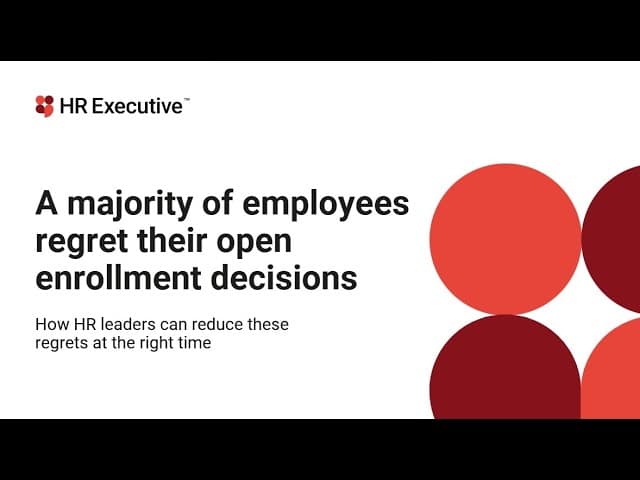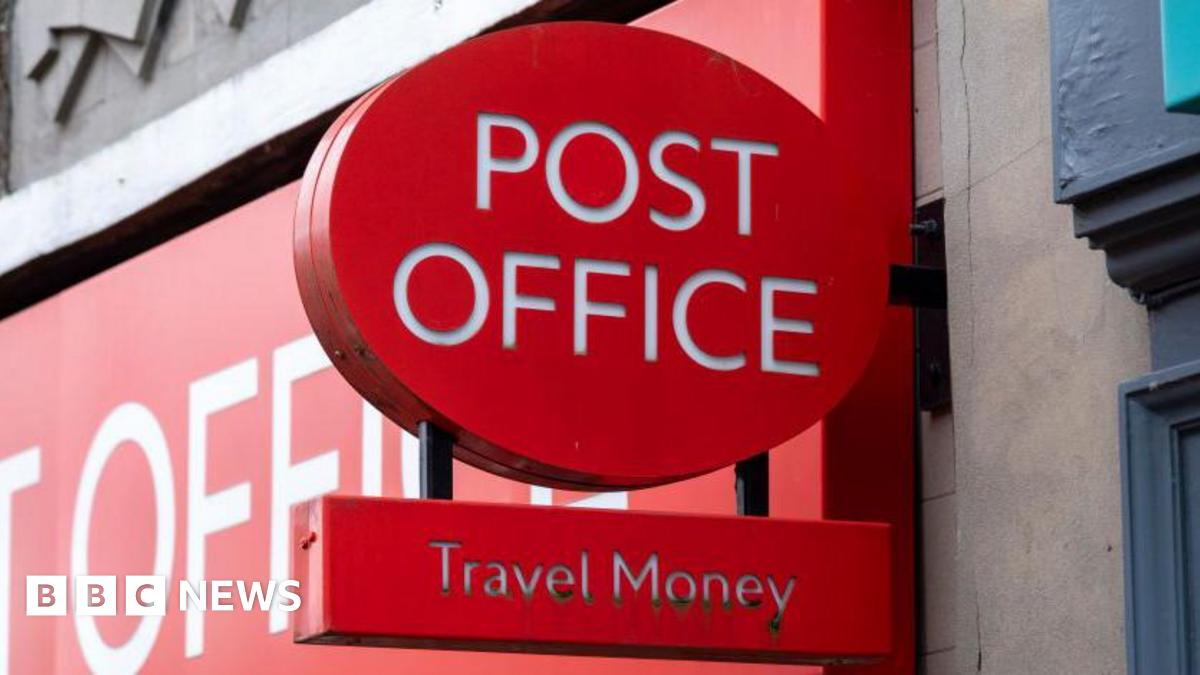If HR leaders were to ask employees if they are satisfied with their open enrollment decisions, many would likely hear that workers have regrets, according to a recent study.
In fact, 53% of U.S. employees eligible for workplace benefits through their employer say they regret the choices they made during open enrollment last year, according to a survey of more than 1,000 people by financial services company Equitable. Younger workers were the most likely to have open enrollment regrets, including 78% of Gen Z workers and 64% of millennials, says Stephanie Shields, head of employee benefits at Equitable.
The survey results don’t bode well for HR and benefits leaders looking to use their benefits offerings to improve employees’ financial wellbeing, health and wellness—as well as to retain top talent.
What’s to blame for these regrets? Here are the top three reasons, according to the survey:
- 25% of employees fail to adjust their benefits to match lifestyle changes, such as getting married, having a baby or becoming the primary caregiver for aging parents
- 20% miss the open enrollment deadline to make changes to benefits
- 19% lack an understanding of the available benefits options or benefits they selected
The findings suggest opportunities for HR professionals, Shields says, to rethink benefits strategies, including around communication. For instance, how employees look for benefits information varies by demographics: While 53% of employees overall rely on employer-provided materials or information sessions to make their benefits choices, that number increases with employee age: 60% of Gen X and 67% of Baby Boomers. However, Gen Z and millennials are more likely to rely on social media to help them make benefits decisions during open enrollment.
To take a deep dive into the survey results and explore what HR leaders can do to maximize employees’ satisfaction with their benefits experience, Shields recently sat down with HR Executive for a video interview on this topic.
Credit: Source link











